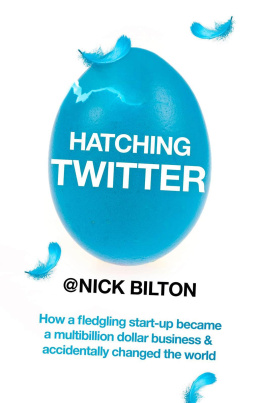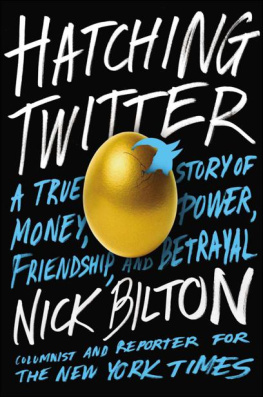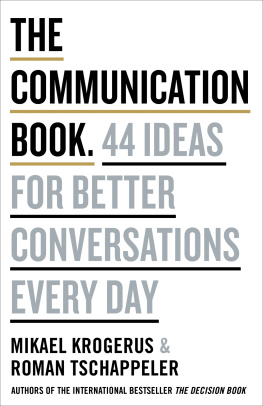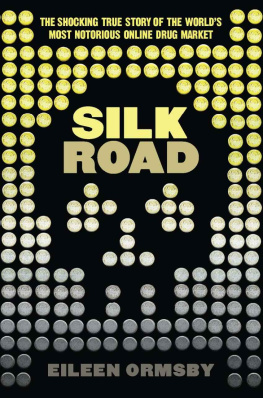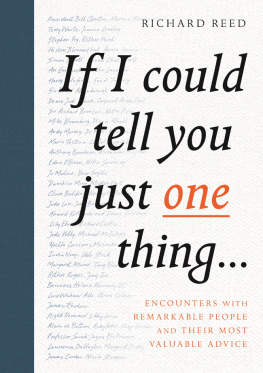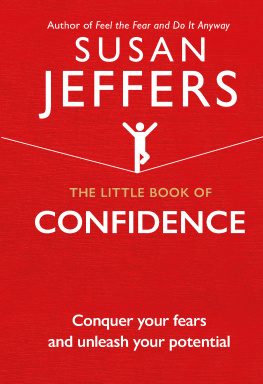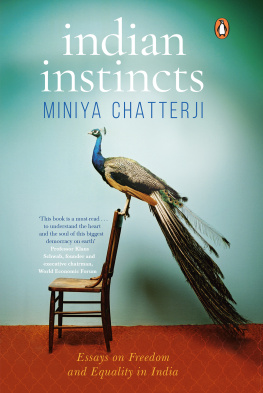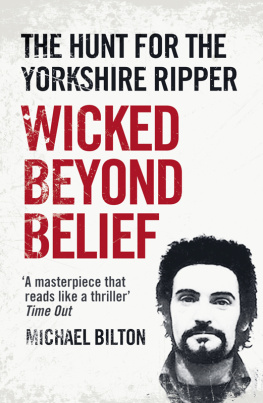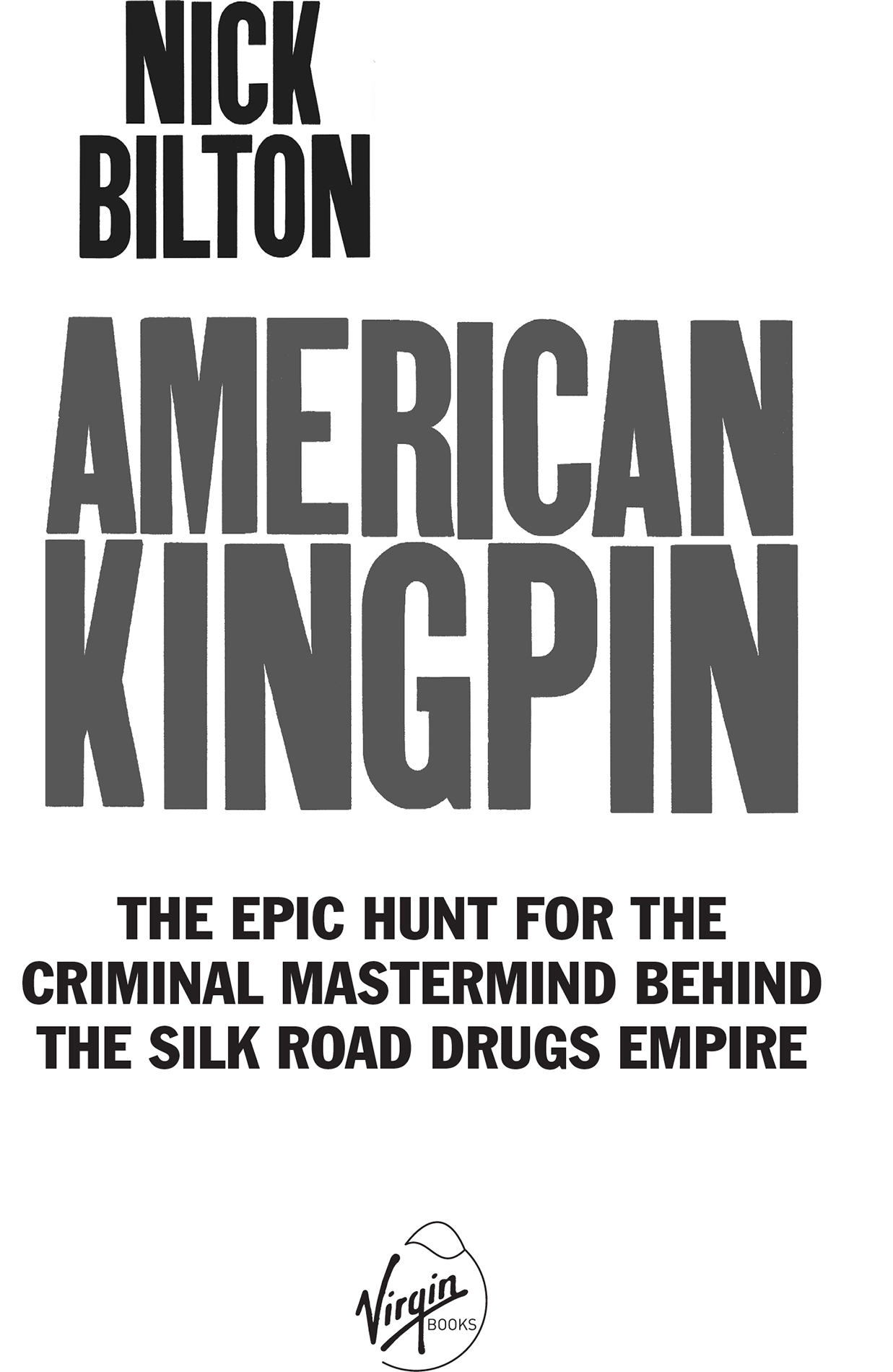Contents
About the Book
The unbelievable true story of the man who built a billion-dollar online drug empire from his bedroom and almost got away with it.
In 2011, a twenty-six-year-old programmer named Ross Ulbricht launched the ultimate free market: the Silk Road, a clandestine Web site hosted on the Dark Web where anyone could trade anything drugs, hacking software, forged passports, counterfeit cash, poisons free of the governments watchful eye. While the federal government were undertaking an epic two-year manhunt for the sites elusive proprietor, the Silk Road quickly ballooned into a $1.2 billion enterprise.
Ross embraced his new role as kingpin, taking drastic steps to protect himself including ordering a hit on a former employee. As Ross made plans to disappear forever, the Feds raced against the clock to catch a man they werent sure even existed, searching for a needle in the haystack of the global Internet.
Drawing on exclusive access to key players and two billion digital words and images Ross left behind, New York Times bestselling author Nick Bilton offers a tale filled with twists and turns, lucky breaks and unbelievable close calls. Its a story of the boy next doors ambition gone criminal, spurred on by the clash between the new world of libertarian-leaning, anonymous, decentralised Web advocates and the old world of government control, order and the rule of law.
Filled with unforgettable characters and capped by an astonishing climax, American Kingpin might be dismissed as too outrageous for fiction. But its all too real.
About the Author
British born Nick Bilton is Special Correspondent at Vanity Fair, where he writes about technology, business and culture, and a contributor at CNBC. He was a columnist for The New York Times for almost a decade. He lives in Los Angeles with his wife, son, and dog, Pixel.
For my wife, Chrysta, and our sons, Somerset and Emerson. I love all of you more than anything in this big, big world.
Authors Note
MY MOTHER, WHO passed away in 2015 and who was a voracious reader, had a strange quirk when it came to books. She began every book by reading the last page first, then returning to the beginning. Every novel, for her, began at the end.
I tell this story because, for this book, I have decided to place the beginningtraditionally the preface, in which the author explains how the book was madeat the end.
In the I explain how I reported and wrote the pages you are about to read, detailing the millions of words and research, photos and videos, thousands of hours of reporting (including research from the incredible reporters Josh Bearman and Joshua Davis) that went into the creation of this book, and in doing so, I give away how the story ends. I hope reading about the reportage wont ruin this epic tale for you, but it seems unnecessary to explain how a structure was built before youve had a chance to wander through its halls.
In the book, you will see quoted conversations between the Silk Road leader and employees of the site. These are verbatim chats. With the exception of illegible typos, any spelling errors or peculiarities in the text have been left as is to preserve the authenticity of the conversations.
With that, I promise all will be revealed at the end. It always is.
No man, for any considerable period,
can wear one face to himself and another to the multitude,
without finally getting bewildered as to which may be the true.
Nathaniel Hawthorne, The Scarlet Letter
I did it for me.
I liked it.
I was good at it.
And I was really I was alive.
Walter White, aka Heisenberg, Breaking Bad
Cast of Characters
The Silk Road
The Dread Pirate Roberts (Ross Ulbricht)
Variety Jones, consigliere and mentor (Roger Thomas Clark)
Nob, drug dealer and henchman (Carl Force, DEA)
ChronicPain, forum moderator (Curtis Green, Spanish Fork, Utah)
Richard Bates, friend and programmer
OTHER SILK ROAD EMPLOYEES
SameSameButDifferent, Libertas, Inigo, Smedley
Law Enforcement
DHS, CHICAGO
Jared Der-Yeghiayan (undercover as Cirrus on the Silk Road)
MARCO POLO TASK FORCE
Carl Force, DEA, Baltimore (undercover as Nob on the Silk Road)
Mike McFarland, DHS, Baltimore
Shaun Bridges, Secret Service, Baltimore
FBI, NEW YORK CITY
Chris Tarbell
Thom Kiernan
Ilhwan Yum
IRS, NEW YORK CITY
Gary Alford
U.S. ATTORNEYS OFFICE, NEW YORK CITY
Serrin Turner, assistant U.S. attorney
PART I
Chapter 1
THE PINK PILL
PINK.
A tiny pink pill with an etching of a squirrel on either side. Jared Der-Yeghiayan couldnt take his eyes off it.
He stood in a windowless mail room, the Department of Homeland Security badge hanging from his neck illuminated by pulsing halogen lights above. Every thirty seconds, the sound of airplanes rumbled through the air outside. Jared looked like an adolescent with his oversize clothes, buzz cut, and guileless hazel eyes. Weve started to get a couple of them a week, his colleague Mike, a burly Customs and Border Protection officer, said as he handed Jared the envelope that the pill had arrived in.
The envelope was white and square, with a single perforated stamp affixed to the top right corner. HIER FFNEN , read the inside flap. Below those two words was the English translation, OPEN HERE . The recipients name, typed in black, read DAVID . The package was on its way to a house on West Newport Avenue in Chicago.
It was exactly what Jared had been waiting for since June.
The plane carrying the envelope, KLM flight 611, had landed at Chicago OHare International Airport a few hours earlier after a four-thousand-mile journey from the Netherlands. As weary passengers stood up and stretched their arms and legs, baggage handlers twenty feet below them unloaded cargo from the belly of the Boeing 747. Suitcases of all shapes and sizes were ushered in one direction; forty or so blue buckets filled with international mail were sent in another.
Those blue tubsnicknamed scrubs by airport employeeswere driven across the tarmac to a prodigious mail storage and sorting facility fifteen minutes away. Their contentsletters to loved ones, business documents, and that white square envelope containing the peculiar pink pillwould pass through that building, past customs, and into the vast logistical arteries of the United States Postal Service. If everything went according to plan, as it did most of the time, that small envelope of drugs, and many like it, would just slip by unnoticed.
But not today. Not on October 5, 2011.
By late afternoon, Mike Weinthaler, a Customs and Border Protection officer, had begun his daily ritual of clocking in for work, pouring an atrocious cup of coffee, and popping open the blue scrubs to look for anything out of the ordinary: a package with a small bulge; return addresses that looked fake; the sound of plastic wrap inside a paper envelope; anything fishy at all. There was nothing scientific about it. There were no high-tech scanners or swabs testing for residue. After a decade in which e-mail had largely outmoded physical mail, the postal services budgets had been decimated. Fancy technology was a rare treat allocated to the investigation of large packages. And Chicagos mail-sniffing dogsShadow and Roguecame through only a couple of times a month. Instead, whoever was hunting through the scrubs simply reached a hand inside and followed their instincts.


